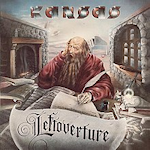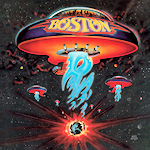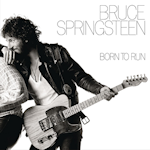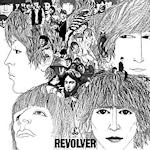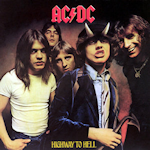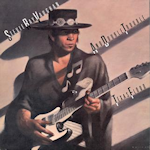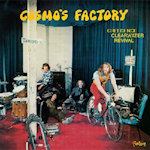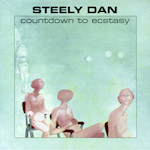
"Bat Out of Hell" is the debut album by American rock musician Meat Loaf, released October 21, 1977. It was produced by Todd Rundgren and Jim Steinman, who also wrote all of the songs on the album. The album's title is shared by the nearly ten minute-long opening cut Steinman said was the result of wanting to write "the most extreme car crash song of all time".
"Bat Out of Hell" is known for its operatic and theatrical style, incorporating elements of rock and roll, pop, and classical music. The album tells a story of teenage love and rebellion, with themes of passion, death, and nostalgia. Meat Loaf's powerful and emotive vocals, combined with Steinman's dramatic and bombastic songwriting, create a unique and unforgettable sound.
The album includes several hit songs, including "Paradise by the Dashboard Light," "Two Out of Three Ain't Bad," and the title track "Bat Out of Hell." These songs are known for their catchy hooks, epic guitar solos, and memorable choruses.
Despite initially receiving mixed reviews, "Bat Out of Hell" became a massive commercial success, reaching number nine on the Billboard 200 chart and selling over 43 million copies worldwide. It has been widely regarded as one of the greatest and most influential rock albums of all time, and has spawned numerous sequels and adaptations, including a stage musical and a tour featuring Meat Loaf performing the album in its entirety.
Meat Loaf discographyExplore Meat Loaf music on Amazon...

